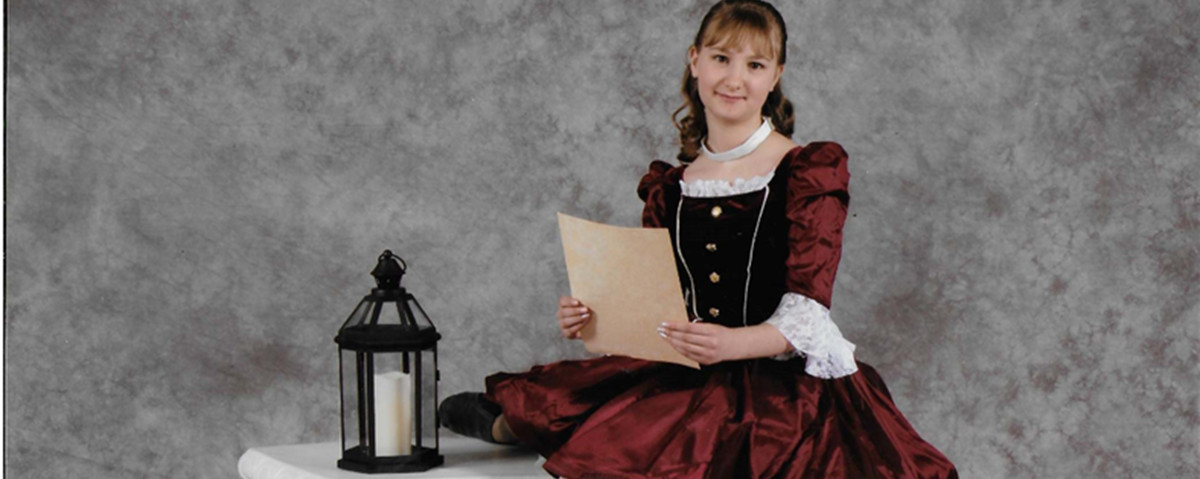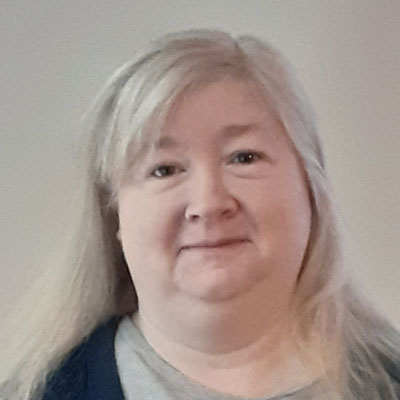Historical Inaccuracies in Hamilton: Debunking Common Misconceptions
In 2015, a new musical appeared on the scene. It was almost an instant hit. The musical was modern, the characters were colorful, and the subject was a fresh look at one of the founding fathers – Alexander Hamilton. Lin-Manuel Miranda, inspired by Ron Chernow’s biography, did a masterful job of packing a lot of storyline into a 2 ½ hour Broadway play. He has initiated discussion, inspired study, and led many people to read articles like this one. He will be the first to admit that it is not an exact accounting of history. It is a play, a work of fiction, and literary license was taken to make the story flow better. Parts of the story were overlooked to allow a man’s lifetime to be portrayed in a few hours. But there are some glaring inaccuracies that must be recognized to walk away with a clear picture of the founding of our country.
 First, the Hamilton-Burr relationship is greatly embellished. Watching the play, it appears that they meet almost as Hamilton steps off the ship in New York Harbor. They do not meet in real life until the Revolutionary War, and even then, the two men do not interact often until after the war when they are both lawyers in New York City. Then, in 1791, Aaron Burr defeats Philip Schyuler in a New York Senate race (Schyuler is Hamilton’s father-in-law). Burr is not involved or asked to be involved in the writing of the Federalist Papers. Burr saw Hamilton as a rival; Hamilton did not give Burr that much credit. Hamilton speaks against Burr’s candidacy one too many times and, in 1804, is challenged to a duel. Hamilton is shot; Burr’s political career is over.
First, the Hamilton-Burr relationship is greatly embellished. Watching the play, it appears that they meet almost as Hamilton steps off the ship in New York Harbor. They do not meet in real life until the Revolutionary War, and even then, the two men do not interact often until after the war when they are both lawyers in New York City. Then, in 1791, Aaron Burr defeats Philip Schyuler in a New York Senate race (Schyuler is Hamilton’s father-in-law). Burr is not involved or asked to be involved in the writing of the Federalist Papers. Burr saw Hamilton as a rival; Hamilton did not give Burr that much credit. Hamilton speaks against Burr’s candidacy one too many times and, in 1804, is challenged to a duel. Hamilton is shot; Burr’s political career is over.
Second, Thomas Jefferson did not spend the war in France. Besides the obvious time spent in Philadelphia writing the Declaration of Independence, Jefferson also served as Governor of Virginia from 1779 to 1781 and was nearly captured by the British while in office. He did serve as the US Ambassador to France under the Articles of Confederation from 1785 to 1789 and was recalled to serve as Secretary of State. The debates between Jefferson in this role and Hamilton as Secretary of the Treasury defined the first political parties of America. The true rivalry from the Early National Period was between Hamilton and Jefferson.
Third, Hamilton depicted on stage is the progressive founding father many people today wish had founded the country. In real life, he was not. His relationship with the institution of slavery was complicated. Of course, that could be said about most of his contemporaries as well. As a teenager in the Caribbean, Hamilton worked for men who imported, among other things, slaves. The subscription scholarship that sent him to college in New York was funded by the slave trade. Although Hamilton himself never owned slaves, his wife’s family did, and Alexander Hamilton bought and sold slaves on behalf of his in-laws. Yet he served as a legal advisor for the New York Manumissions Society, an organization founded in 1785 to work for the gradual abolition of slavery in New York. He defended free blacks in court. He felt that the concept of slavery was not compatible with the concept of America, but being the pragmatist that he was, Hamilton was unwilling to sacrifice the country for abolition.
It is impossible to create a work of fiction that is 100% historically accurate. That does not mean historical fiction is not a great tool for introducing historical topics. Discussing what writers get right, what they get wrong, and where they are silent can be just as instructive as reading a textbook and generally much more interesting.






